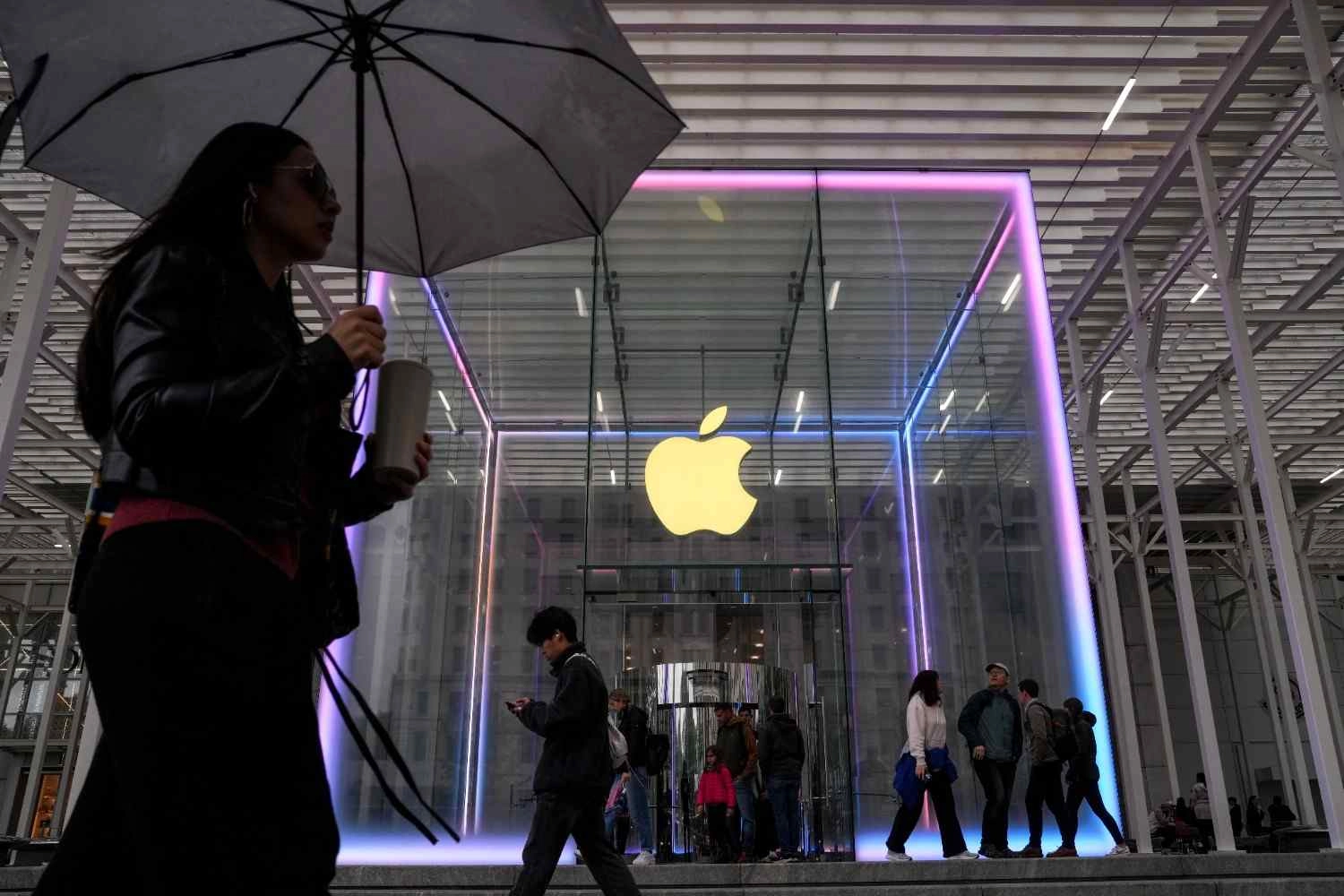In a significant legal development, Apple Inc. has found itself embroiled in a lawsuit concerning allegations of religious discrimination. The case centers around the dismissal of a Jewish employee who claims he was fired for requesting time off to observe the Sabbath. The employee, whose identity has not been disclosed, argues that his termination was a direct violation of his rights to practice his religion freely. According to the complaint, he had formally requested accommodations to honor the Sabbath, which is observed from Friday evening to Saturday evening, a time when he would refrain from work-related activities.
The lawsuit raises critical questions about workplace policies and the extent to which employers are required to accommodate the religious practices of their employees. Under federal laws, including Title VII of the Civil Rights Act of 1964, employers are mandated to provide reasonable accommodations for employees’ religious beliefs unless it causes undue hardship on the business. The plaintiff contends that Apple either ignored or inadequately addressed his requests for time off, ultimately leading to his unjust termination. This situation highlights the complexities of balancing corporate needs with the rights of employees to maintain their religious observances.
As the case unfolds, it may prompt a broader discussion about how large corporations navigate religious accommodations in an increasingly diverse workforce. Apple, known for its commitment to inclusivity and diversity, now faces scrutiny not only from the legal system but also from the public and its employees. Observers point out that the outcome of this lawsuit could set a precedent for how tech companies, and other industries, handle similar cases in the future. Employees may look to this case as a benchmark for their rights regarding religious observance, especially in environments that demand flexibility and adaptability.
The implications of this lawsuit extend beyond the immediate parties involved, potentially influencing workplace policies across various sectors. Companies may need to reevaluate their approaches to employee accommodations, ensuring that they are not only compliant with legal standards but also fostering an environment that respects and honors the diverse beliefs of their workforce. As the legal process progresses, many will be watching closely to see how Apple’s case unfolds and what it might mean for the intersection of employment law and religious freedom in the workplace.




